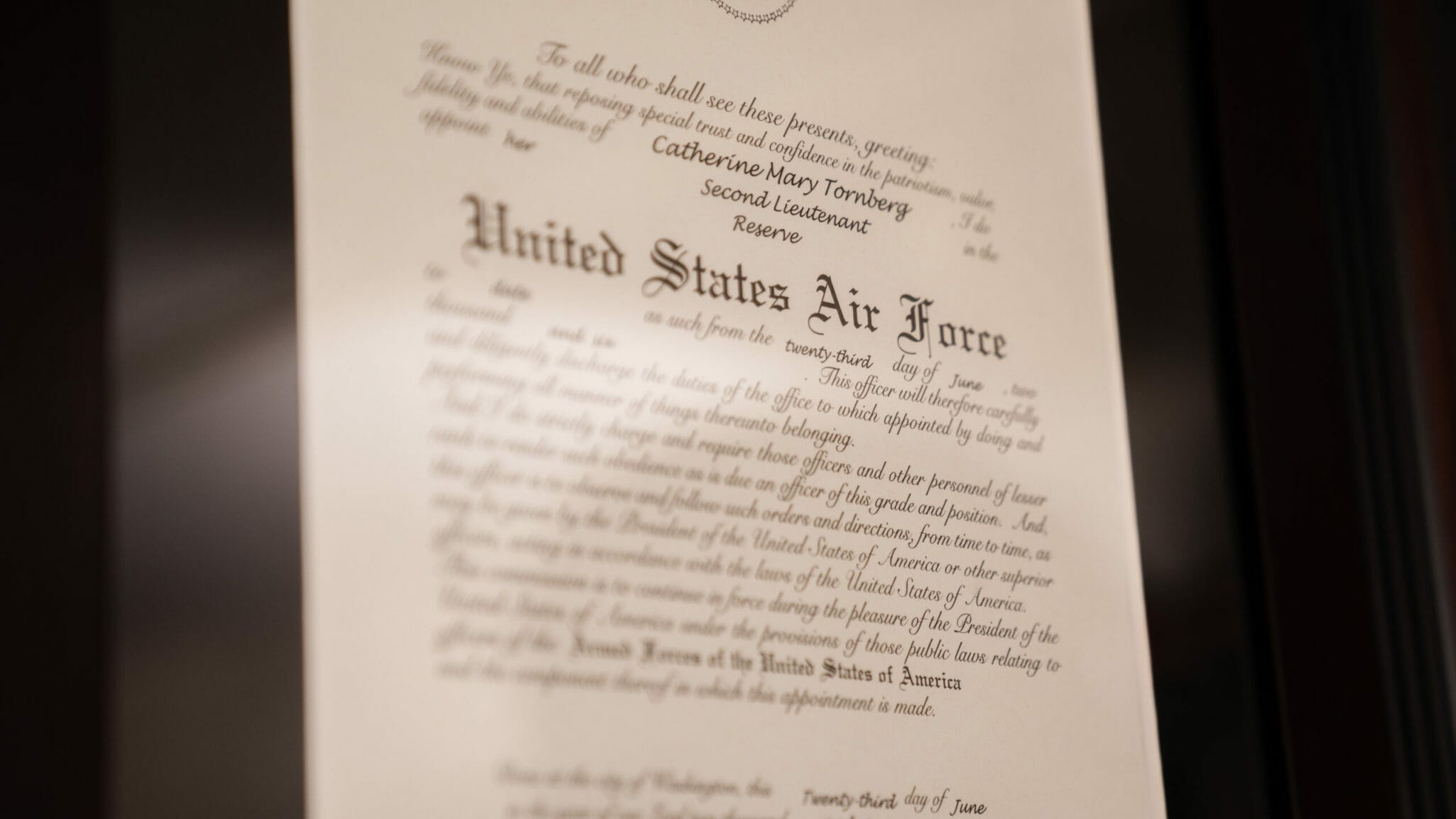Appealing a Court-Martial Conviction
There’s an endless number of reasons why a court-martial conviction can be appealed. In most court-martial conviction resulting in discharge or lengthy confinement have a right to an automatic appeal to superior military appellate courts.
There are very few attorneys that regularly practice in military appeals. Our co-owner, Katie Cherkasky, focuses a substantial portion of her legal practice to military appeals. Only a handful of civilian attorney have ever handled a military appeal, and even fewer have handled dozens like we have.
Today we are discussing a few recent topics addressed in military appellate courts and questions we have gotten from clients.
What is Multiplicity and Can My Conviction Be Overturned Because of It?
Multiplicity is a term in the law that basically stands for the idea that you shouldn’t be charged or punished with multiple offenses that pertain to the same criminal conduct. Think of an assault prosecution connected to a fight. Even if the prosecution can prove that there may have been multiple punches throughout the fight, the Accused should only be punished under a single charge of assault.
Raising a Multiplicity argument on appeal is especially effective where the maximum sentence was significantly increased due to the multiple charges instead of a consolidated charge.
What Evidence From The Original Trial Do Members Of The Appellate Court Have When Reviewing An Appeal? Will They Review Any Previous Testimony?
The appellate court will get the “record of the trial.” The record of trial is the entire transcript of your particular case, including any exhibits that were and were not admitted. The record of trial will also include appellate exhibits, which are documents that go along with your court-martial.
Your appellate attorneys will also have access to the same record of trial. Once the window for your appeal opens, your attorneys should work closely with you to find valid reasons for appeal and then prepare a written “brief” to the court highlighting the portions of the record of trial that are most compelling and raising legal arguments.
Can I Appeal If the Jurors Were Not Impartial in My Court-Martial
If you believe the jury was not impartial in your case, you have a unique ability in the military to ask the appellate court to review the facts of your case to determine if the jury got the verdict wrong.
The legal term is “de novo” review, meaning reviewing the facts of the case a new. The military appellate court looks both at the factual sufficiency of a conviction and the legal sufficiency.
Your attorney should include extensive argument in their brief arguing why the evidence was insufficient for a reasonable and fair jury to convict. This argument can overturn the conviction even without additional legal justification. Simply highlighting to the appellate judges the issues with the evidence could be enough to reverse a conviction.
Your appellate attorney should also extensively brief the various legal arguments related to your appeal. The list of legal issues that could be at issue in any one case is too long to publish. There are certain legal issues, however, that experienced attorneys know certain courts are interested in hearing about. Many appellate courts have subtle agendas to address certain areas of law. You want an attorney that is deeply involved in the military appellate community so that you don’t miss the best issues.
Military law also permits a military member who is appealing their conviction to raise any issue that they want. There’s a case called United States vs Grostefon. That case basically stands for the idea that a military member can claim whatever they want on appeal, whether it’s merited or not.
Some attorneys offer minimal support to their client’s preparation of their Grostefon matters. It’s important to raise Grostefon matters and it has brought success for members in the past. Ask your appellate attorney more about the assistance they will provide in the preparation of Grostefon matters.






